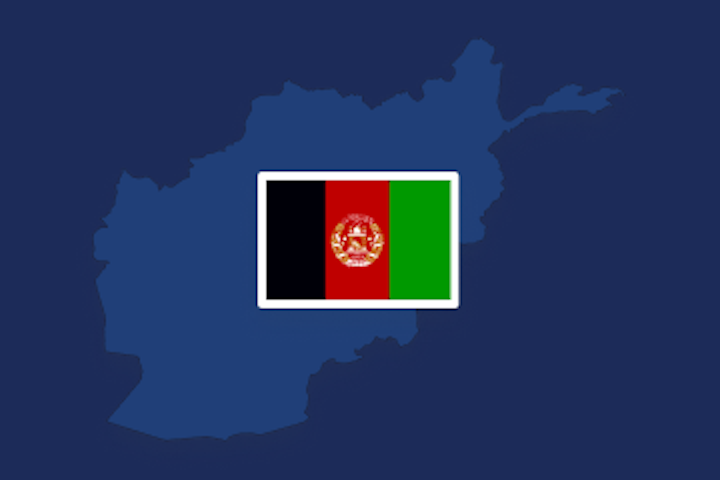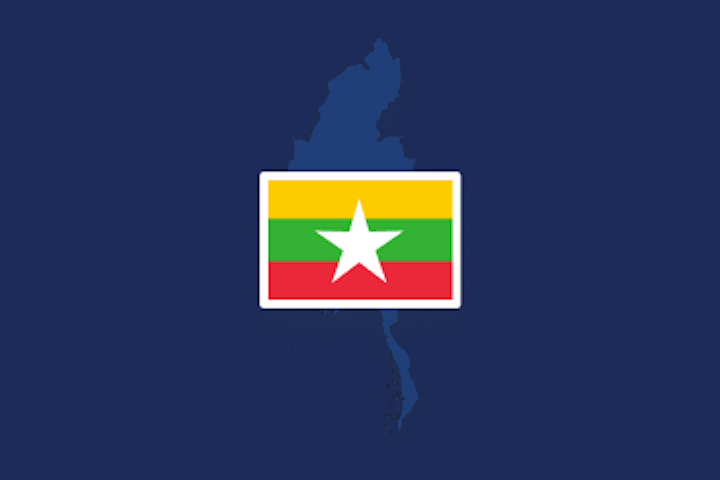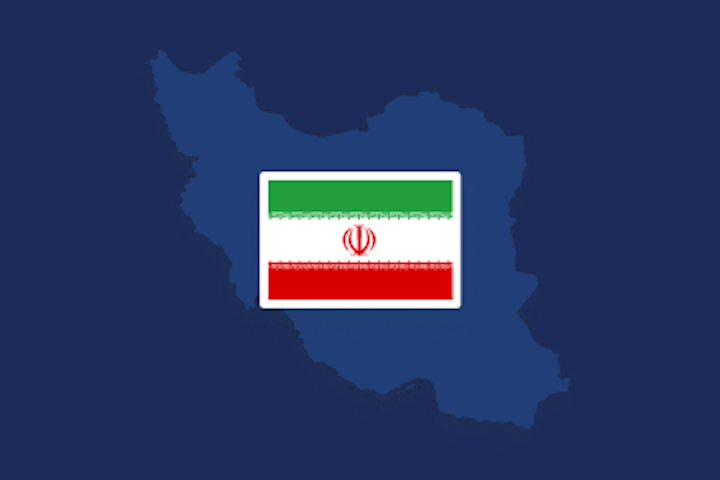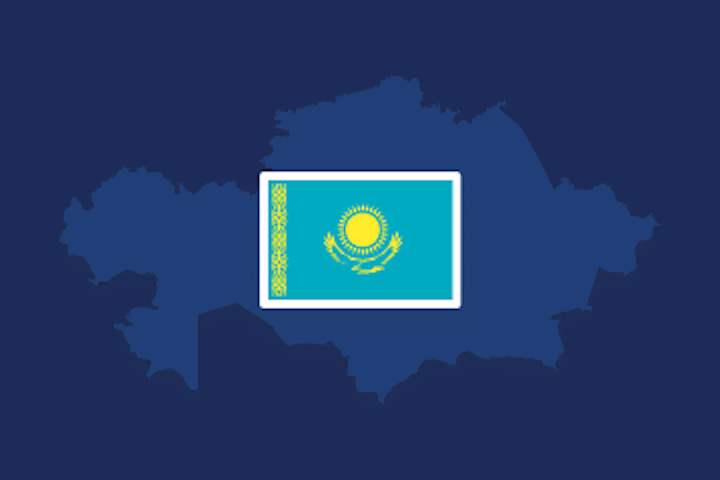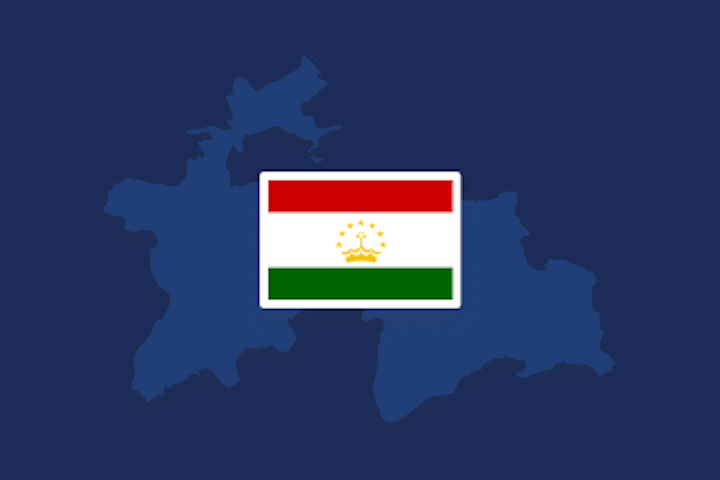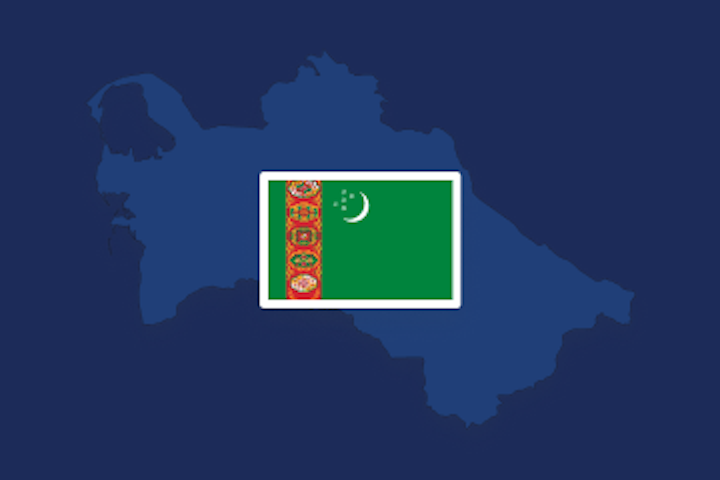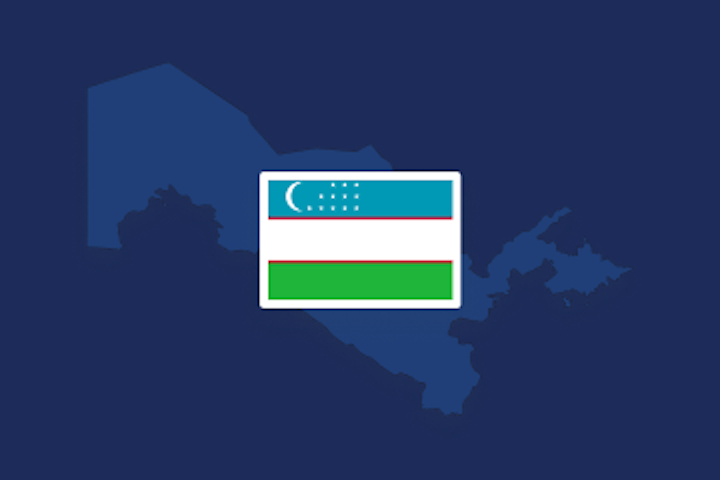The approximately 400 Jews of Kyrgyzstan are concentrated in Bishkek (Frunze), the capital. They constitute a relatively new community – nearly all of them have migrated to the country after the Russian Revolution or as evacuees or refugees from European Russia during World War II. The affiliate of the World Jewish Congress in Kyrgyzstan is the Jewish Community of Kyrgyzstan.
Phone: +996 312 663 826
Although there is evidence that the first Jews arrived in Kyrgyzstan approximately a millennium ago, the Jewish community did not really start to emerge until the Russian Empire annexed Central Asia in the second half of the 19th century, at which point both European and Bukharian Jews arrived to live on the present-day Kyrgyzstan. Ashkenazi Jews preferred the northern part of the republic, while Sephardic Jews settled in the south. In the 20th century, the Bukharian Jews began migrating gradually to the northern regions.
The number of Ashkenazi Jews grew in the 1930s and '40s, primarily with exiles and refugees. An estimated 26,000 Jews fled during the Great Patriotic War, which lasted from 1941–45. By the end of the 1970s, the Jewish population of Kyrgyzstan had shrunk to 7,200. Along with European and Bukharian Jews, small groups of Karaites, Krymchaks, and Caucasus Jews lived in Kyrgyzstan, all suffering to some extent from Stalinist repression.
After the Jewish organizations were eliminated and most local Bukharian-Jewish intellectuals destroyed in the 1920s–30s, the only remaining institutional setting of the Jewish community was the synagogue in Bishkek, established in 1941.
Over 5,000 have emigrated from the country since the early 1990s.
The hardships of World War II brought about a change in the official policy concerning the relationship between state and religion. The Soviet policy assumed that every religion had an important role in the consolidation of the Soviet society facing the Germans. In 1941, a public synagogue in Kyrgyzstan was allowed for the first time to be opened in Bishkek (then known as Frunze). Jews bought a building in the city center, and Y. Levin, the first rabbi, donated a Torah scroll.
The synagogue provided the services of mohel, shochet (kosher butcher), and chevra kadisha (Jewish funerary services). A beit midrash (Jewish learning center) and a mikveh (Jewish ritual purification bathhouse) also functioned on the premises. Special shops selling kosher meat, haloth for Sabbath, and matzoth for Passover opened near the synagogue.
Additional synagogues were established in the cities of Osh and Kant.
Hebrew University demographer Sergio DellaPergola estimated the Kyrgystan Jewish community to number between 200 and 600 as of 2009. Most of them live in Bishkek, with smaller groups residing in the cities of Osh, Kyzyl-Kiya, Karakol, Tokmak, and Kant.
Bishkek’s community is largely secular; only a handful of the city’s Jews attend synagogue. Young people are particularly non-observant, as are those who often immigrate to Israel or another country.
The synagogue has a daily minyan, however, and about 20 congregants attend Shabbat services every Saturday. Students and travelers interested in visiting the synagogue or attending services should get in touch by phone at the number listed above.
The Menorah Society of Jewish Culture directs a Sunday school. There are about 30 students, ranging in age from elementary to high school. Volunteers from the Menorah Society teach Jewish history, Hebrew, and Torah. Children also celebrate holidays and learn Jewish songs and dances.
About 80 kids attend the city's Jewish day school, Pri Etz Chaim. Together with the state curriculum, the school also teaches Hebrew, Jewish history, and Kyrgyz language and literature; it receives its funding from the organization World ORT, which aims to provide Jewish education globally.
Since 2000, the Jewish community of Bishkek has published a monthly newsletter, Ma’ayan(Мааян). The newsletter, which lies in a stack in the synagogue for the taking, is a rare place to find bits of news about the community in Bishkek – items such as city-wide meetings attended by a member of the community or the death of a community member. Even more articles, it seems, cover news stories in Israel, Russia, and the US.
Israel and Kyrgyzstan maintain full diplomatic relations. Israel is represented by its ambassador in Almaty, Kazakhstan.

